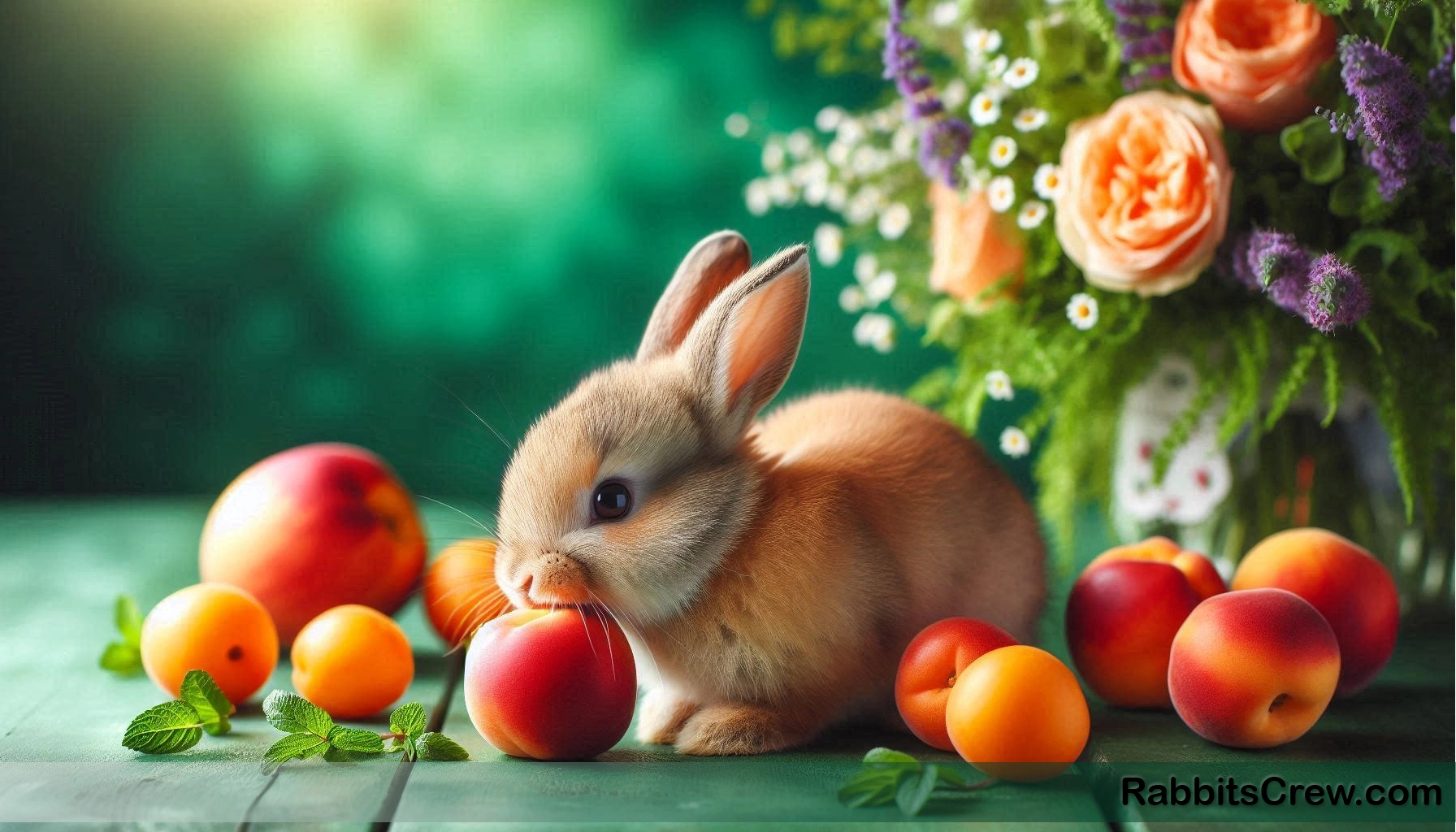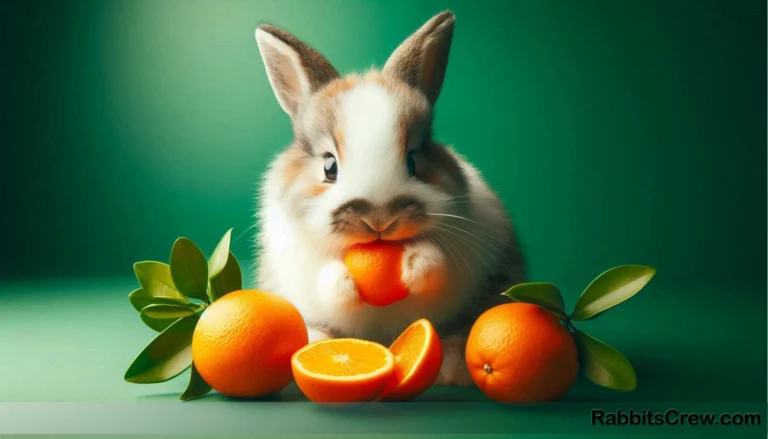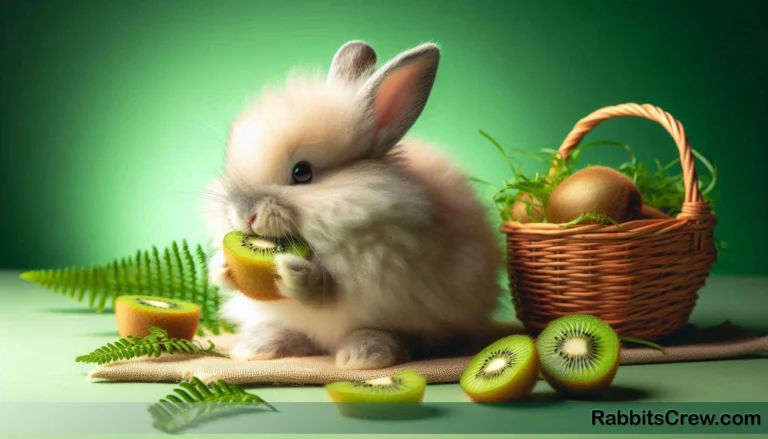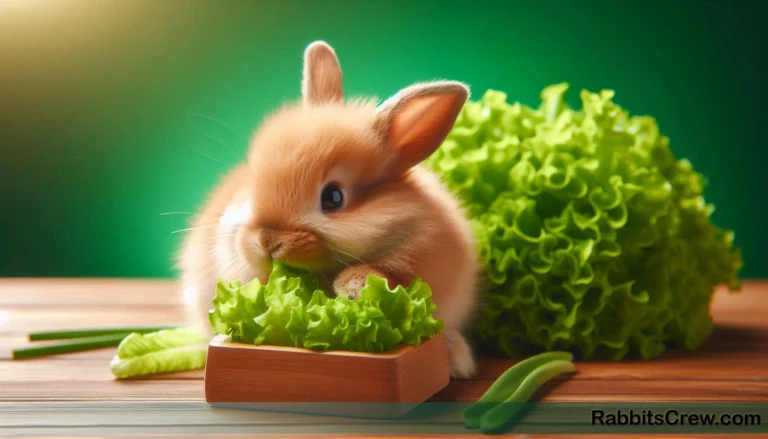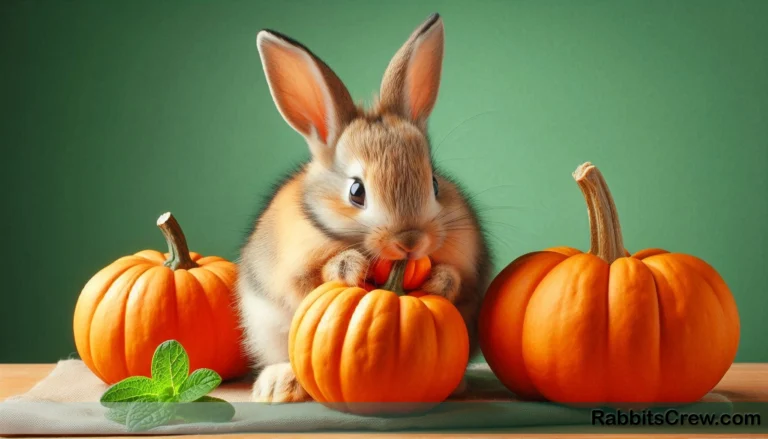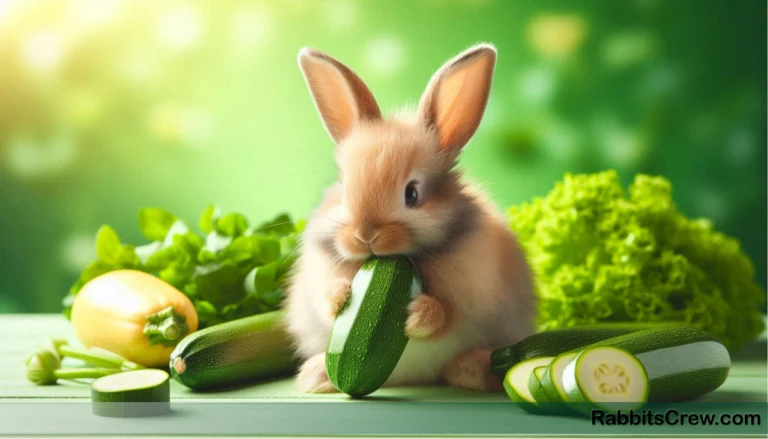Can Rabbits Eat Nectarines, White Or Yellow? [Answered]
Yes, rabbits can eat nectarines in small amounts. Remove the pit and offer only the flesh for a safe and healthy treat.
Nectarines can be a tasty and nutritious treat for rabbits when offered in moderation. This article explores the safety, benefits, and risks of feeding nectarines to rabbits. We’ll cover which parts of the nectarine are safe, how to properly prepare them, recommended serving sizes, and potential health concerns. While nectarines provide vitamins and fiber, they should only be given occasionally as a small part of a balanced rabbit diet. Overfeeding fruit can lead to digestive issues and weight gain in rabbits. By following the guidelines in this article, rabbit owners can safely incorporate nectarines as an occasional sweet treat for their furry friends.
Nectarines Components and Rabbit Safety
| Component | Safe for Rabbits? | Notes |
|---|---|---|
| Flesh | Yes | Safe in moderation; rich in vitamins and water content. |
| Skin | Yes | Can be consumed; ensure it is washed to remove pesticides. |
| Leaves | No | Contains compounds that can be toxic to rabbits. |
| Stem | No | Can pose a choking hazard and may contain harmful compounds. |
| Seeds | No | Contains cyanogenic glycosides, which can be toxic. |
| Roots | No | Not safe for consumption; may contain harmful substances. |
| Pit | No | Can be a choking hazard and contains cyanogenic glycosides. |
Can Rabbits Eat Nectarines?
Yes, rabbits can eat nectarines in moderation. Nectarines can be a healthy and tasty treat for rabbits when offered in small amounts as part of a balanced diet. However, it’s crucial to understand the proper serving size and preparation methods to ensure your rabbit’s safety and well-being.
Nutritional Content of Nectarines (per 100g)
| Nutrient | Amount |
|---|---|
| Calories | 44 kcal |
| Carbohydrates | 10.55 g |
| Sugars | 7.89 g |
| Dietary Fiber | 1.7 g |
| Protein | 1.06 g |
| Fat | 0.32 g |
| Vitamin C | 5.4 mg |
| Vitamin A | 332 IU |
| Potassium | 201 mg |
Can rabbits eat white nectarines?
Yes, rabbits can eat white nectarines in moderation. White nectarines are generally sweeter than yellow varieties but have a similar nutritional profile. The same guidelines for feeding yellow nectarines apply to white nectarines – offer them as an occasional treat in small quantities.
Can rabbits eat yellow nectarine?
Yes, rabbits can eat yellow nectarines in moderation. Yellow nectarines are safe for rabbits and provide similar nutritional benefits as white nectarines. However, due to their sugar content, they should be given sparingly as part of a balanced diet.
Can rabbits eat nectarine leaves?
No, rabbits should not eat nectarine leaves. The leaves of nectarine trees, like those of other stone fruit trees, can be toxic to rabbits. They contain cyanogenic glycosides, which can release cyanide when ingested. Always remove any leaves before offering nectarine fruit to your rabbit.
Which Types of Nectarines Safe for Rabbits?
All varieties of ripe, fresh nectarines are safe for rabbits when fed in moderation. This includes both white and yellow nectarines. However, it’s essential to avoid giving rabbits canned nectarines or those preserved in syrup, as these contain added sugars and preservatives that can be harmful to rabbits.
Are Nectarines Safe for Rabbits?
Nectarines are generally safe for rabbits when fed in moderation. They offer several health benefits:
– High in fiber, which aids digestion
– Rich in vitamins A and C, supporting immune function
– Contains antioxidants that may help reduce inflammation
However, there are some risks to consider:
– High sugar content can lead to obesity if overfed
– May cause digestive upset if introduced too quickly
– Pits pose a choking hazard and contain trace amounts of cyanide
What are Risks of Feeding Nectarines to Your Rabbit
While nectarines can be a healthy treat, there are potential risks associated with feeding them to rabbits:
– Digestive upset: Overfeeding can lead to diarrhea or gastrointestinal stasis
– Dental issues: High sugar content may contribute to dental problems
– Weight gain: Excess calories from fruit can lead to obesity
– Choking hazard: Pits and large pieces can pose a choking risk
– Pesticide exposure: If not properly washed, nectarines may contain harmful pesticides
Potential Health Issues from Overfeeding Nectarines
| Health Issue | Symptoms | Prevention |
|---|---|---|
| Obesity | Weight gain, reduced activity | Limit treats, maintain balanced diet |
| Digestive upset | Diarrhea, loss of appetite | Introduce slowly, feed in moderation |
| Dental problems | Tooth decay, difficulty eating | Limit sugary treats, provide hay for dental health |
| Gastrointestinal stasis | Reduced appetite, small/no droppings | Maintain high-fiber diet, limit sugary foods |
How to Prepare Nectarines for Your Rabbit
To safely offer nectarines to your rabbit:
1. Wash the nectarine thoroughly to remove any pesticides or contaminants
2. Remove the pit and any stems or leaves
3. Cut the fruit into small, bite-sized pieces to prevent choking
4. Offer a small amount (about the size of your rabbit’s thumb) as a treat
5. Introduce new foods gradually to avoid digestive upset
How Many Nectarines Can My Rabbit Eat?
Nectarines should be given as an occasional treat, not a staple of your rabbit’s diet. Here’s a general guideline for feeding nectarines to rabbits:
| Frequency | Amount |
|---|---|
| Daily | Not recommended |
| Weekly | 1-2 small pieces (thumb-sized) |
| Monthly | 3-4 small pieces (thumb-sized) |
Special Note: Always introduce new foods gradually and monitor your rabbit for any signs of digestive upset or allergic reactions.
Rabbits can eat nectarines as an occasional treat in moderation. For more information on other foods rabbits can eat, check out our articles on “Can rabbits eat blueberries?”, “Can rabbits eat bell peppers?”, “Can rabbits eat lettuce?”, “Can rabbits eat raspberries?” or “Can Rabbits Have Basi?”.

